Founder, Sister Margaret
Since her appointment in 1985, Project HOPE Boston, Inc. Has grown from being an Emergency Shelter serving 8 homeless families, to a multi-service center with an array of educational and economic empowerment programs serving families in the North Dorchester/Roxbury neighborhoods. In 2006 a four-story "green" building was constructed on Dudley Street in Roxbury to house those programs, while the original site, a Victorian home in North Dorchester, continues to house a family shelter and children's center. Using an intensive case management model Project Hope is a pioneer in the movement to prevent homelessness from occurring. Read more.
Hope Heals, 1947–1979
The Little Sisters of the Assumption arrive in Dorchester providing home health and social work services in neighborhood residents' homes and assisting families who were experiencing a crisis.
Hope Welcomes, 1980–1989
The Sisters open their doors to homeless women and children establishing themselves as Project HOPE Boston, House Open People Enter. Project HOPE Boston became one of Boston's first family shelters providing housing services, a food pantry, and childcare.
Hope Happens, 1990–1994
Continuing to respond to the issues impacting the shelter residents, Project HOPE Boston establishes new programs to address education, affordable housing, and childcare needs.
Hope Empowers, 1995–1999
Working in collaboration with families and community partners, Project HOPE Boston further empowers families by providing career exploration, job development programs, and opportunities for higher education.
Hope Builds, 2000–2006
Putting its energies into building strong collaborations and advocacy networks, Project HOPE Boston expands its housing and job training services to the community. As the needs of families grew, so did Project HOPE Boston. Moving its programs to a new location at 550 Dudley Street increased the ability to expand programming and improved the presence in the community.
Hope Continues, 2006–2008
Project HOPE Boston built its new, green Community Building from the ground up and opened its doors in October 2006. The Community Building is its public site, where residents throughout the community take basic education and ESOL classes, learn job readiness and resume writing skills, sign up for financial literacy and affordable housing workshops, and earn the credentials needed to start their own childcare business. The former convent on Magnolia Street is a private residence for eleven women and their children, and is also home to the Project HOPE Boston Children's Center.
Hope for the Future, 2008–present
Project HOPE Boston established the Ambassador’s Bureau in 2008 composed of current and former participants who want to develop their communication skills and use those skills to educate the community about issues of poverty and homelessness. Project HOPE Boston continues to work with families to develop stronger, more integrated programs to ensure they are on their path out of poverty.

